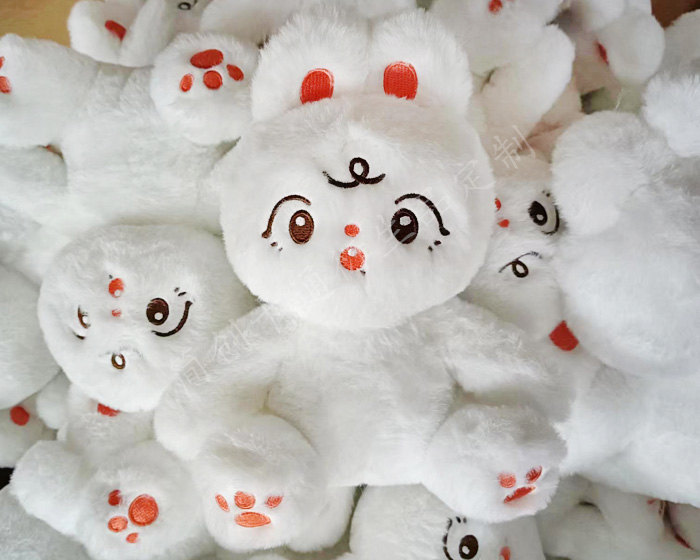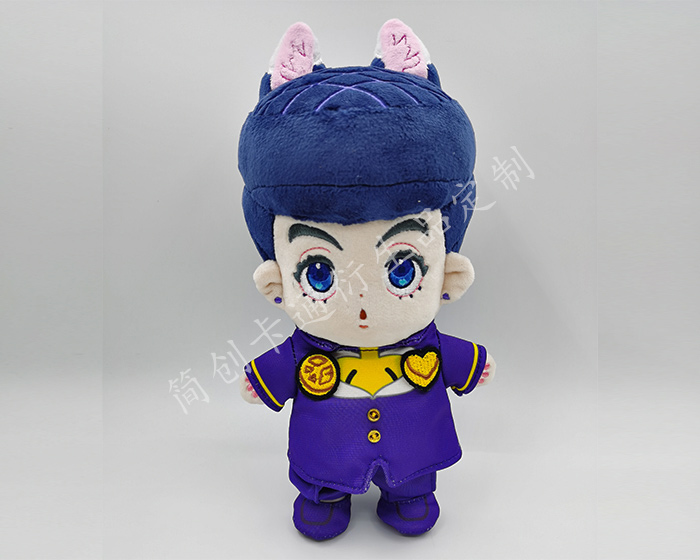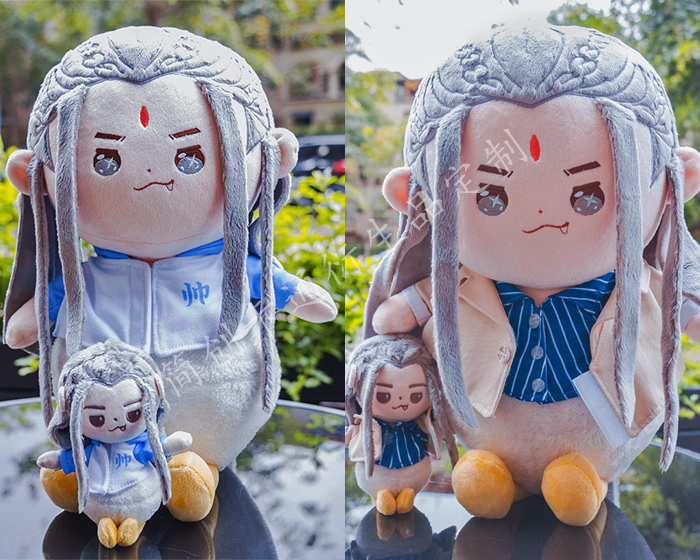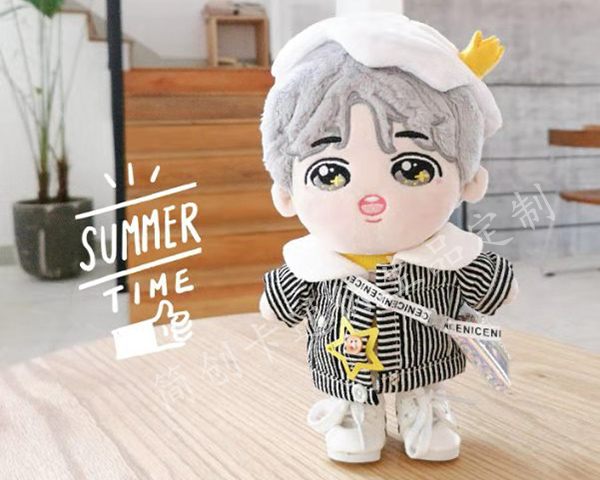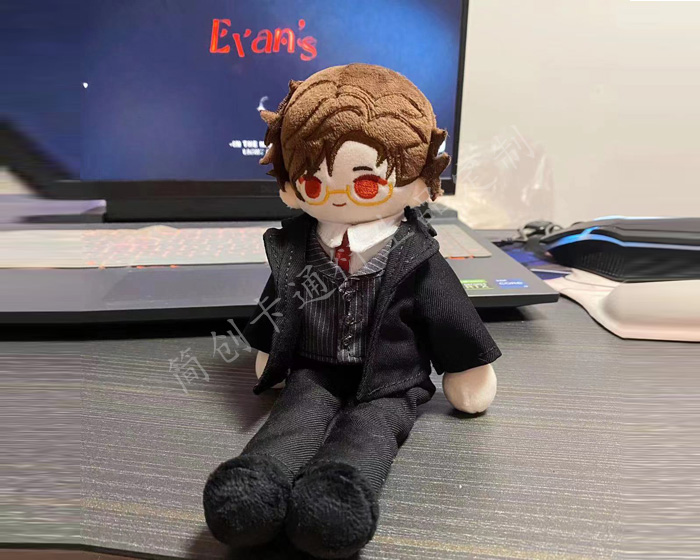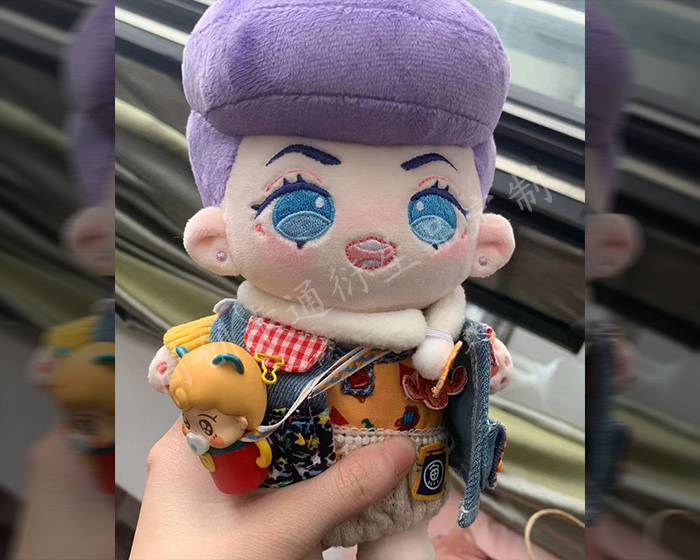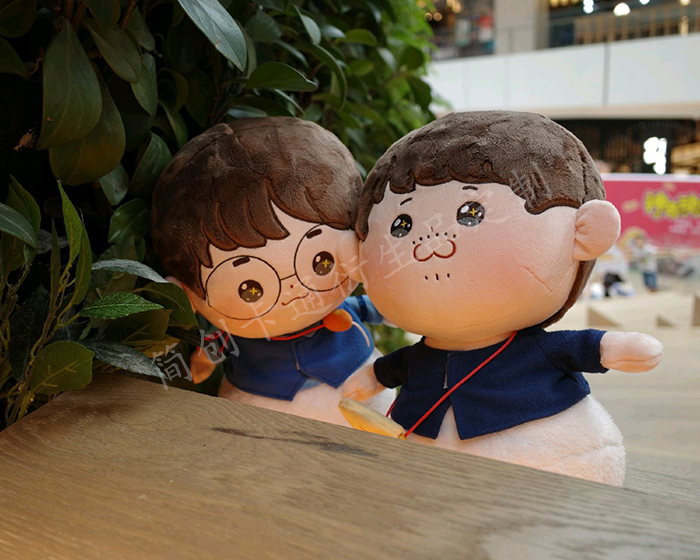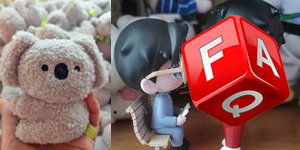hand puppets can be highly effective tools in therapy, particularly when used intentionally by trained mental health or therapeutic professionals (e.g., play therapists, drama therapists, occupational therapists). Their value lies in their ability to create a safe, low-pressure space for clients to explore emotions, practice skills, and process experiences—often more freely than they could through direct verbal communication. Below is a breakdown of their benefits, who they help most, and key considerations:
Why Hand Puppets Work in Therapy
Puppets act as a "third party" or symbolic mediator, which reduces anxiety and defensiveness. For many clients (especially children, trauma survivors, or those with social or communication challenges), interacting with a puppet feels less intimidating than talking directly about painful or complex feelings. This "distance" allows for:
Emotional expression: Acting out fear, anger, sadness, or joy through a puppet can help clients process emotions they struggle to verbalize.
Skill-building: Role-playing with puppets teaches social cues (e.g., turn-taking, active listening), empathy, and conflict resolution.
Trauma processing: Clients can reenact traumatic events in a controlled, safe environment to regain a sense of agency and reduce re-traumatization.
Self-esteem: Creating, customizing, or "voicing" a puppet gives clients a sense of control and accomplishment.
Who Benefits Most from Hand Puppet Therapy?
Hand puppets are versatile and can support a wide range of clients, including:
Children:
Those with autism spectrum disorder (ASD) or developmental delays: Puppets help build social skills, emotional recognition, and communication.
Kids with anxiety, ADHD, or behavioral challenges: Puppets provide a fun way to practice coping strategies (e.g., deep breathing, problem-solving).
Trauma Survivors:
Adults or children who have experienced abuse, neglect, or loss: Puppets allow them to revisit difficult memories at their own pace, without feeling overwhelmed.
Social Anxiety or Communication Disorders:
Adults with social phobia or aphasia: Puppets act as a "buffer" to practice conversations or express needs.
Couples or Families:
Puppets can help partners or family members communicate about sensitive topics (e.g., conflict, grief) by externalizing feelings.
Key Considerations for Effective Use
While powerful, hand puppets are not a standalone treatment—they work best as part of a broader therapeutic plan. Success depends on:
Therapist Skill: A trained therapist must choose puppets that resonate with the client (e.g., culturally relevant, age-appropriate) and guide interactions purposefully (not just "play").
Client Comfort: Some clients may find puppets childish or triggering; the therapist must gauge readiness and adjust accordingly.
Goal Alignment: Puppets should target specific therapeutic goals (e.g., reducing aggression, improving social skills)—not just be a "fun activity."
The following are some examples of plush toys that our factory customizes for customers. Check out if there is one that you like best.
-
Custom Stuffed Animals
-
Custom Animal Plush
-
Cute Plush Doll
-
Plush Toy
-
Plush Dolls
-
Custom Stuffed Dolls
-
Custom Plush Toy
-
Cotton Dolls
-
Pen Cover
-
Custom Plush
-
Weighted Plush Toys
-
Cute Stuffed Animals
-
Custom Pet Stuffed Animal
-
Warmies Stuffed Animals
-
Weighted Stuffed Animal
-
Soft Toys
-
Plush Stuffed Doll
-
Custom Stuffed Dolls
-
Plush Maker
-
Bear Stuffed Toy
-
Anime Plush
-
Custom Stuffed Animal
-
Anime Plush
-
Custom Plush Toy
-
Personalised Stuffed Animal
-
Plush Animal Toys
-
Custom Plush Makers
-
Custom Plushies
-
Toy Manufacturer
-
Rag Doll Making
-
Custom Toys
-
Dog Plush Toys
-
Custom Rag Doll
-
Stuffed Animals
-
Custom Plush
-
Custom Plush Dolls
-
20cm Cotton Doll
-
Jojo Plush
-
Custom Doll
-
Jojo Doll
-
Large Plush Toys
-
15cm Cotton Doll
-
Dumpling Plush
-
Cotton Doll







